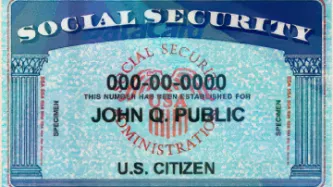Search
Content type: News & Analysis
Updated January 18th 2021
The Government of Myanmar is pushing ahead with plans to require anyone buying a mobile SIM card to be fingerprinted and hand over their ID cards, according to procurement documents circulated to prospective bidders.
The plans are a serious threat to privacy in a country lacking any data protection or surveillance laws and where minorities are systematically persecuted, and must be scrapped.
According to technical requirements developed by Myanmar’s Post and…
Content type: Impact Case Study
What happenedSince the late 1980s governments across the world have been trying to build identity registries. By the early 1990s, there were similar policies being pursued by a number of governments across the Pacific region, with similar technologies from the same companies. In the mid-90s ID cards became a ‘modern’ policy, implementing smart cards. By 9/11 biometric IDs became the preferred solution to undefinable problems. Then came vast databases of biometrics to identify people — with…
Content type: Long Read
Photo Credit: AU UN IST / Tobin Jones
El 25 de septiembre 2017, el presidente de Paraguay objetó la totalidad de una propuesta de Ley denominada “que regula la activación del servicio de telefonía móvil”, disponiendo la creación de un registro de huellas dactilares de todos los usuarios de servicios móviles, y la desconexión dentro de un año a todos quienes no se hayan incorporado a este registro, todo ello bajo la excusa de disminuir los robos de identidad en la activación de…


